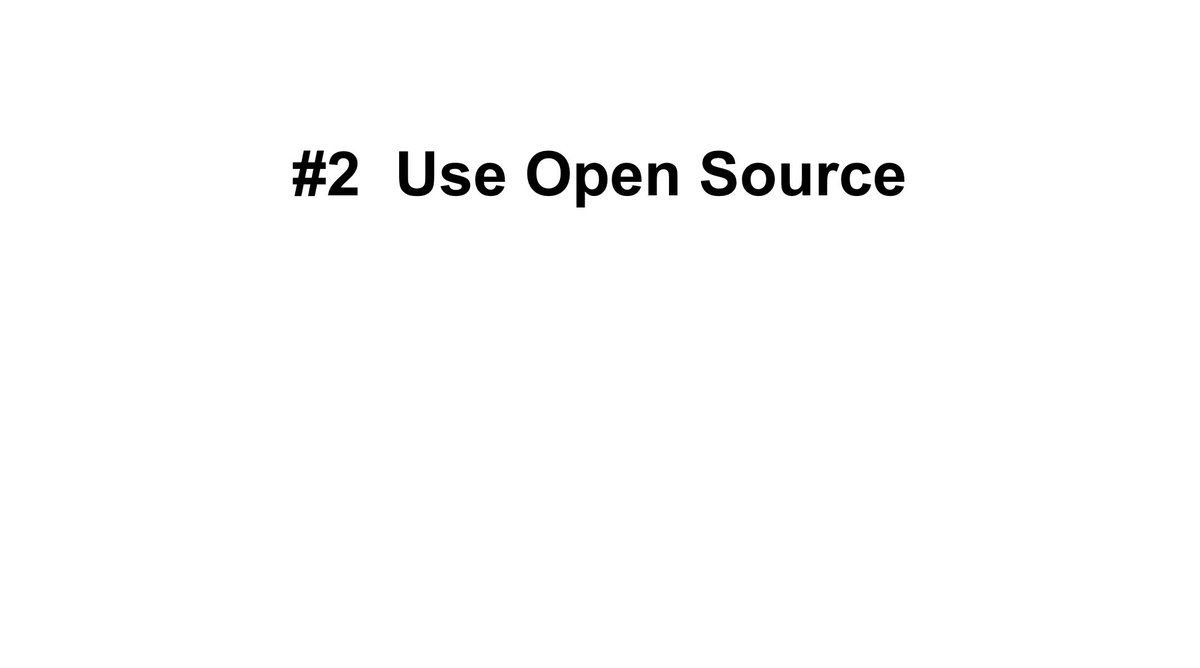What are your criterion variables?
What are your predictor variables, e.g. "account behavior"?
How do you parse, say, sarcasm or irony?
Define "healthy conversation."
How Much a POS This Account Is = f(All the Crap They Say On Twitter)
Get real-time email alerts when new unrolls are available from this author!
Twitter may remove this content at anytime, convert it as a PDF, save and print for later use!

1) Follow Thread Reader App on Twitter so you can easily mention us!
2) Go to a Twitter thread (series of Tweets by the same owner) and mention us with a keyword "unroll"
@threadreaderapp unroll
You can practice here first or read more on our help page!
